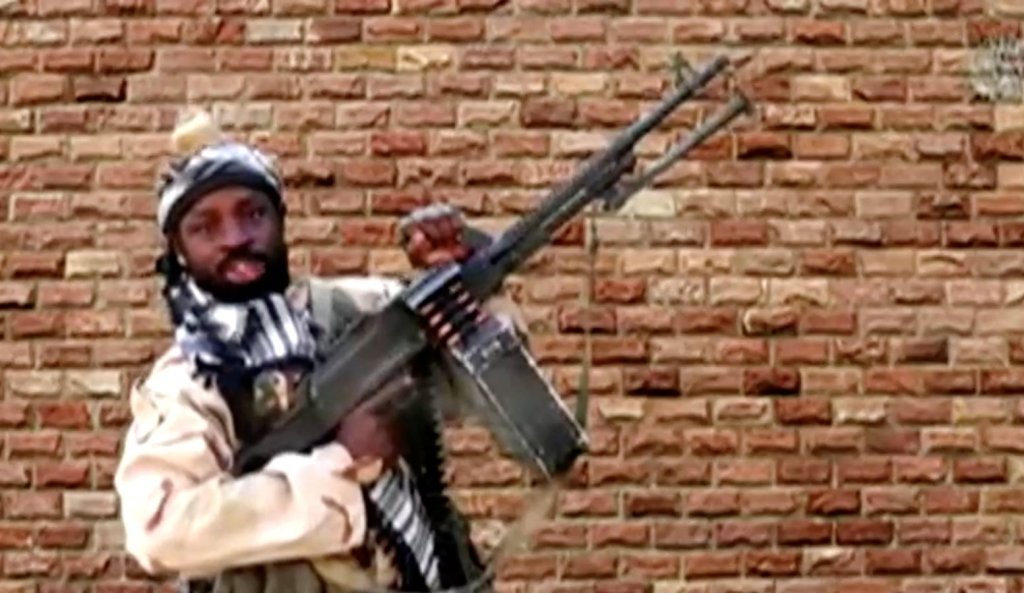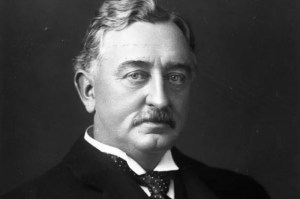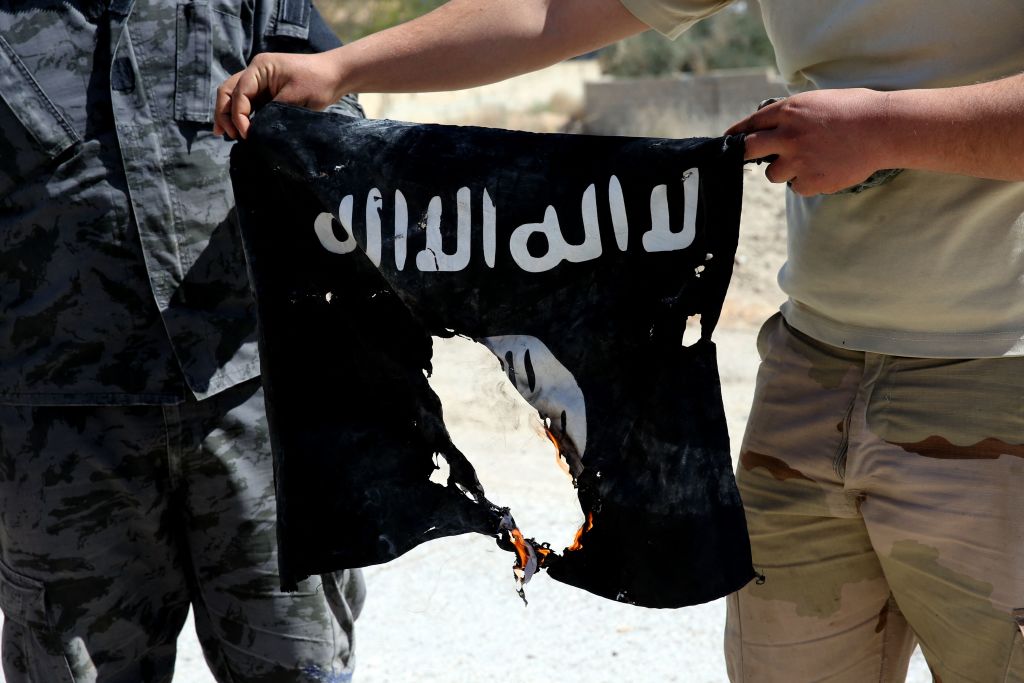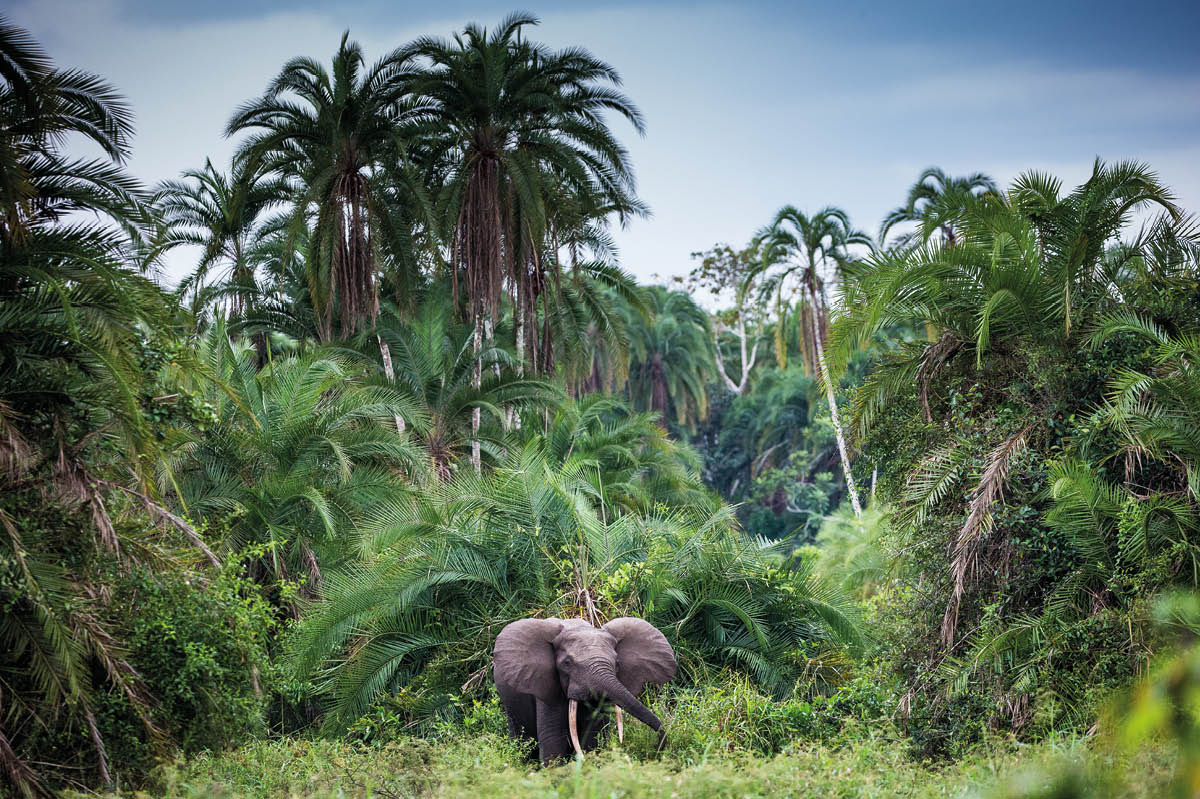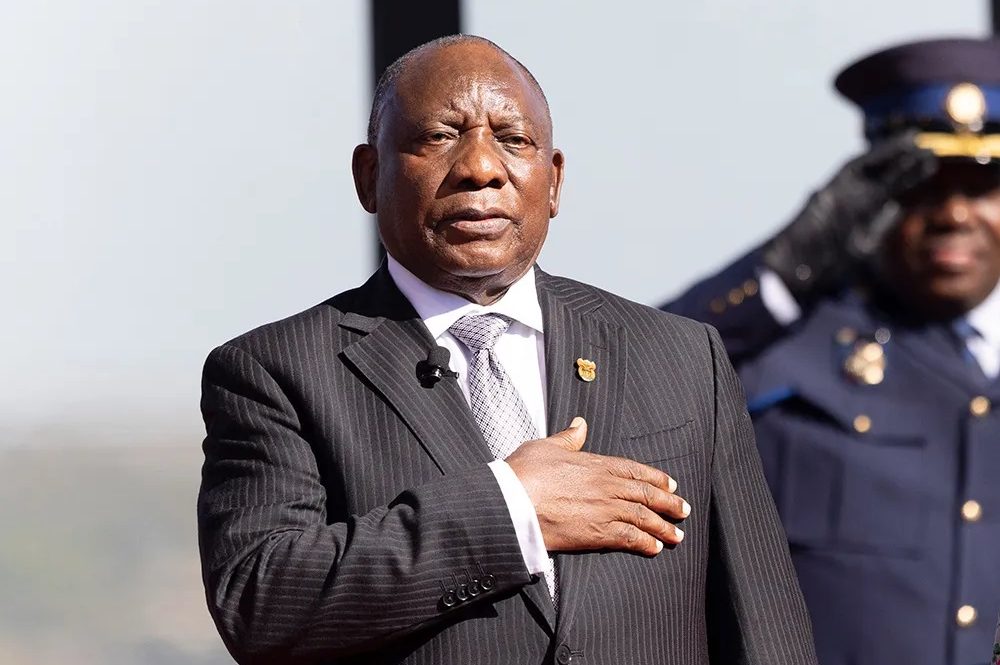Multiple reports have confirmed that the Boko Haram chief Abubakar Shekau is dead. Shekau’s demise came after Boko Haram last week clashed with Isis in Sambisa forest in northeast Nigeria. Some reports suggested that the Boko Haram leader detonated a suicide vest rather than be captured by the Isis militants.
Isis’s West African Province (ISWAP) is often characterized as being under the Boko Haram umbrella, but the two factions have become deadly rivals in the region. And with terror engulfing the continent, along with the rise of an African Islamic State, it is Isis that is now the beneficiary of Shekau’s death.
In 2009, Shekau took over the group founded by his teacher, the radical Islamist preacher Mohammad Yusuf, whose teachings centered around the slogan ‘Boko Haram’, which means ‘western education is forbidden in Islam’. The group slowly grew from an insurgent militia to a jihadist outfit which aspired for an expansionist caliphate in northeast Nigeria. In 2014 Shekau took Yusuf’s teachings to gory proportions when Boko Haram kidnapped 276 Chibok schoolgirls. Despite the global uproar, over a hundred of these schoolgirls are still missing.
By 2014, up to 3.3 million people had already been displaced from Nigeria as a result of Boko Haram’s jihadist violence, with the group killing at least 6,600 people that year alone. In 2015 Boko Haram overtook Isis to become the ‘world’s deadliest terror organization’ and Boko Haram was responsible for three of the world’s 10 deadliest attacks in 2019. Over the past decade, Boko Haram has killed over 30,000 people, with its violence affecting millions in the Lake Chad Basin area alone.
The group’s rising clout was displayed by its raid on a Chad army base in 2020, which led to the death of 92 soldiers — one of the deadliest ever terror attacks in the country. Boko Haram also escalated its raids in Cameroon and conducted terror attacks in Burkina Faso and Mali. These attacks led to millions being displaced as they fled the violence. In 2021 five villagers were killed on Eid, bringing the number of jihadist killings in Niger to 300 since the start of the year.
Shekau’s death came after Boko Haram began to expand westwards, its influence overlapping with Isis and al-Qaeda, who are expanding their own jihadist networks. Last year, al-Qaeda announced its plan to move into the Gulf of Guinea, with the group launching terror attacks in West Africa, while Isis affiliates in the region include factions in the Greater Sahara and Central Africa.
Following Isis’s ‘defeat’ in the Middle East, the group has been building its presence in South Asia and Africa, and escalating jihadist turf wars with the Taliban and al-Qaeda. Isis’s years-old rivalry with al-Qaeda is now set to explode in West Africa following the elimination of Shekau, and the impending collapse of Boko Haram.
Unlike the Taliban, which has entrenched itself in South Asia for decades, Shekau’s Boko Haram had largely remained his pet project. After briefly pledging allegiance to Isis in 2015, Shekau quickly broke off the alliance to forestall the Islamic State’s bid to install al-Barnawi — the son of Boko Haram founder Yusuf — as the chief of the West African province in 2016. Shekau was set to be replaced for being ‘too extreme’ for Isis.
Despite rising to notoriety through the release of Isis-style execution videos and gory takfirism (the killing of Muslims deemed to be unbelievers), the Islamic State thought that Shekau’s methods were ill-suited for the region. As well as his gory massacres of Muslims, which Isis felt was harming the group’s recruitment, Shekau was known to kill fellow jihadists over the most minor of differences. And when 70 percent of Boko Haram fighters chose to defect to al-Barnawi’s ISWAP in 2016, Shekau became even more fanatic and paranoid, often sleeping in a flak jacket, as he fought a two-front war against the African people and his own dissenting jihadist fighters.
With Shekau’s demise the disappearance of Boko Haram is inevitable. His jihadist fighters and their operational capacities will be up for grabs by Isis and al-Qaeda, as both continue to fight to spearhead an African caliphate.
Boko Haram grew thanks to al-Qaeda’s support, but in recent years Isis has risen as the group that jihadists gravitate towards, from Katibah Nusantara in Indonesia and Malaysia to the Islamic State of Khorasan Province in Afghanistan and Pakistan. Now ISWAP remains in pole position to absorb much of Shekau’s Boko Haram.
In doing so, the Islamic State will highlight the ominous reality that the elimination of jihadist leaders, operatives or foot soldiers isn’t enough to halt terrorist groups. The jihadist ideology continues to flourish globally with its militant ideologues increasingly consolidating their power in Africa. The seeds of jihad will remain anywhere takfir (apostacy) and Islamic supremacy is preached.
This article was originally published on The Spectator’s UK website.



